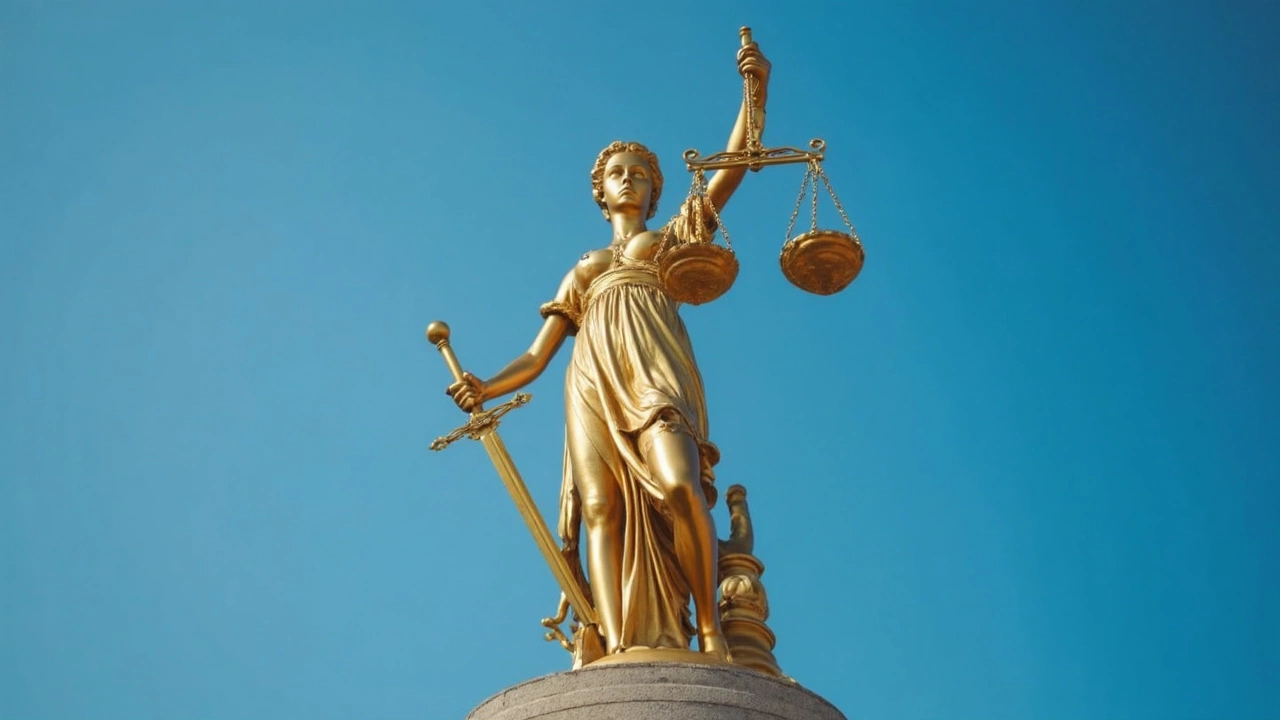UK Government: How It Shapes Policy, Security and Free Speech
When talking about UK Government, the central authority that runs the United Kingdom, sets national laws, and oversees public services. Also known as the British Government, it combines Parliament, the Prime Minister’s office and a professional civil service to decide on everything from taxes to foreign travel rules. The UK Government encompasses immigration policy, demands a robust national security framework, and constantly balances those moves against citizens’ right to speak freely.
Key Areas the UK Government Controls
First up is Immigration Policy, the set of rules that determine who can enter, stay or be barred from the country. Recent headlines about Irish‑language rap duo Kneecap being denied entry to Canada because of UK‑based terrorism charges show how immigration decisions can ripple across borders and stir public debate. Next, National Security, the government’s effort to protect the nation from threats like terrorism, espionage and cyber attacks often drives stricter entry checks and surveillance measures. The same Kneecap case illustrates how security concerns can tighten visa rules, sparking talk about artistic freedom versus safety. Then there’s Freedom of Expression, the right to voice opinions without undue government interference. In the UK, this right influences everything from media regulation to parliamentary debates, as seen in Sri Lanka’s Online Safety Act discussion that echoes UK worries about censorship and digital rights. Together, these three pillars show that the UK Government requires a delicate balance: it must protect citizens, manage borders, and still let people speak their minds.
Below you’ll find a curated mix of stories that put these concepts into practice – from immigration bans tied to security alerts, to cases where free‑speech questions hit the parliamentary floor, and other moments where policy decisions ripple through sport, culture and everyday life. Dive in to see how the UK Government’s choices affect real people, shape public debate and set the tone for future legislation.
